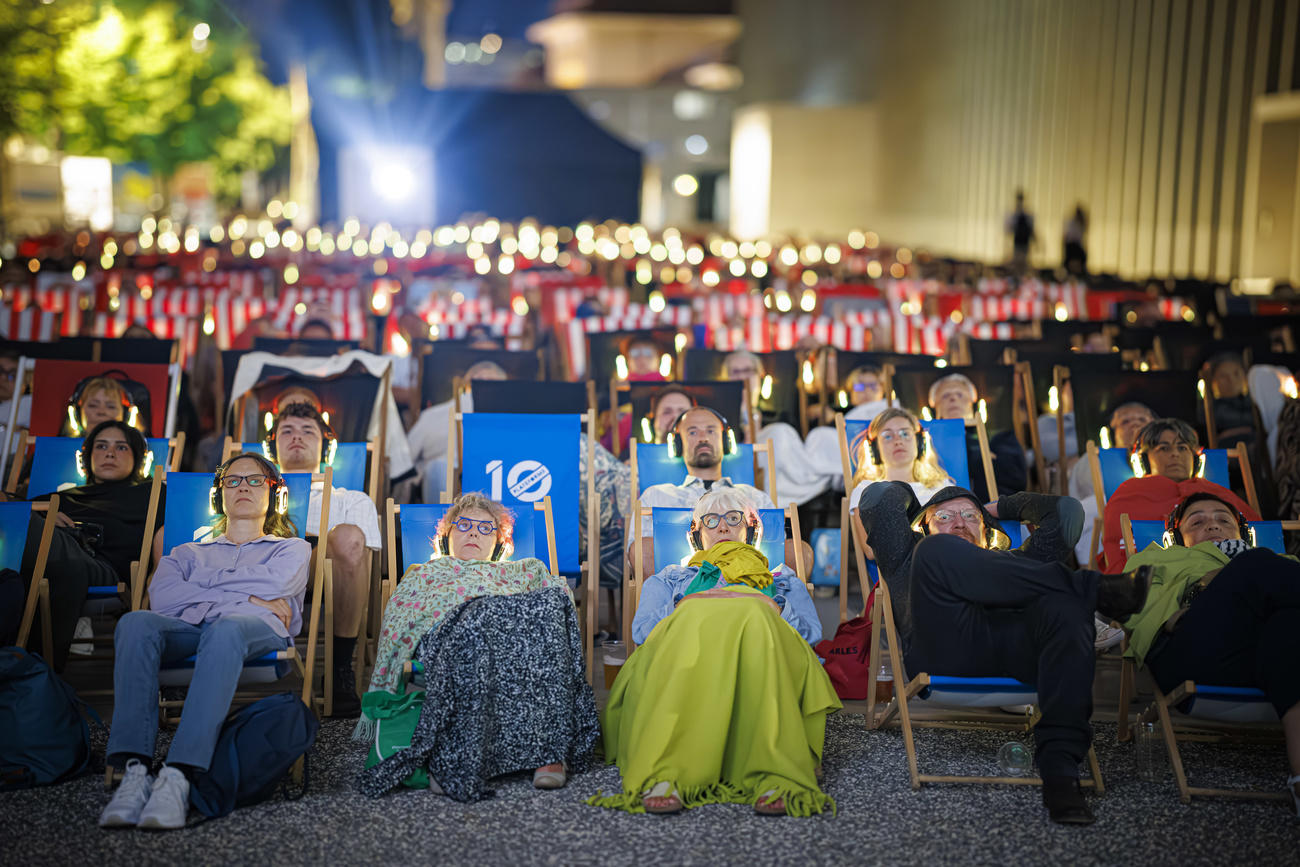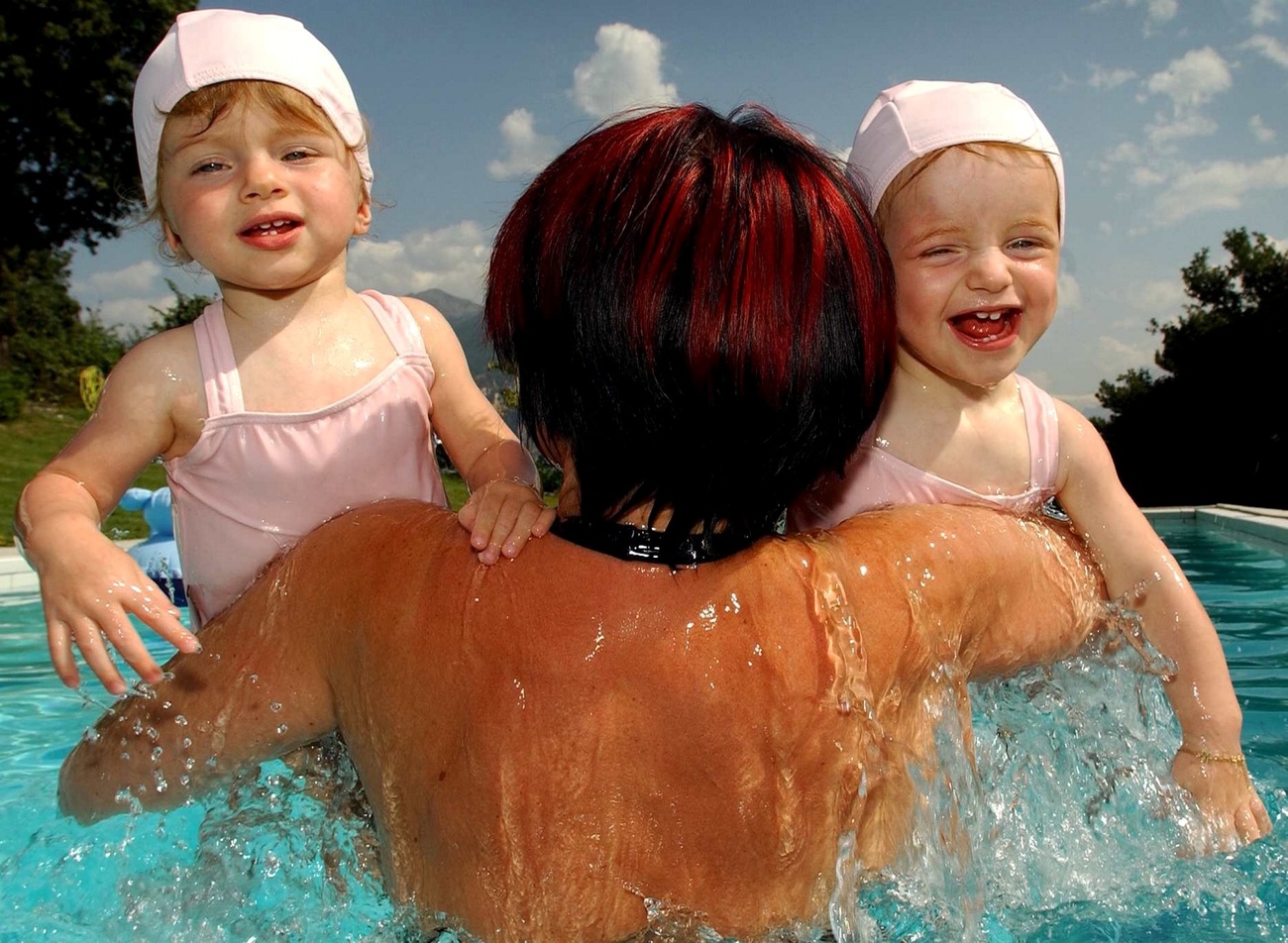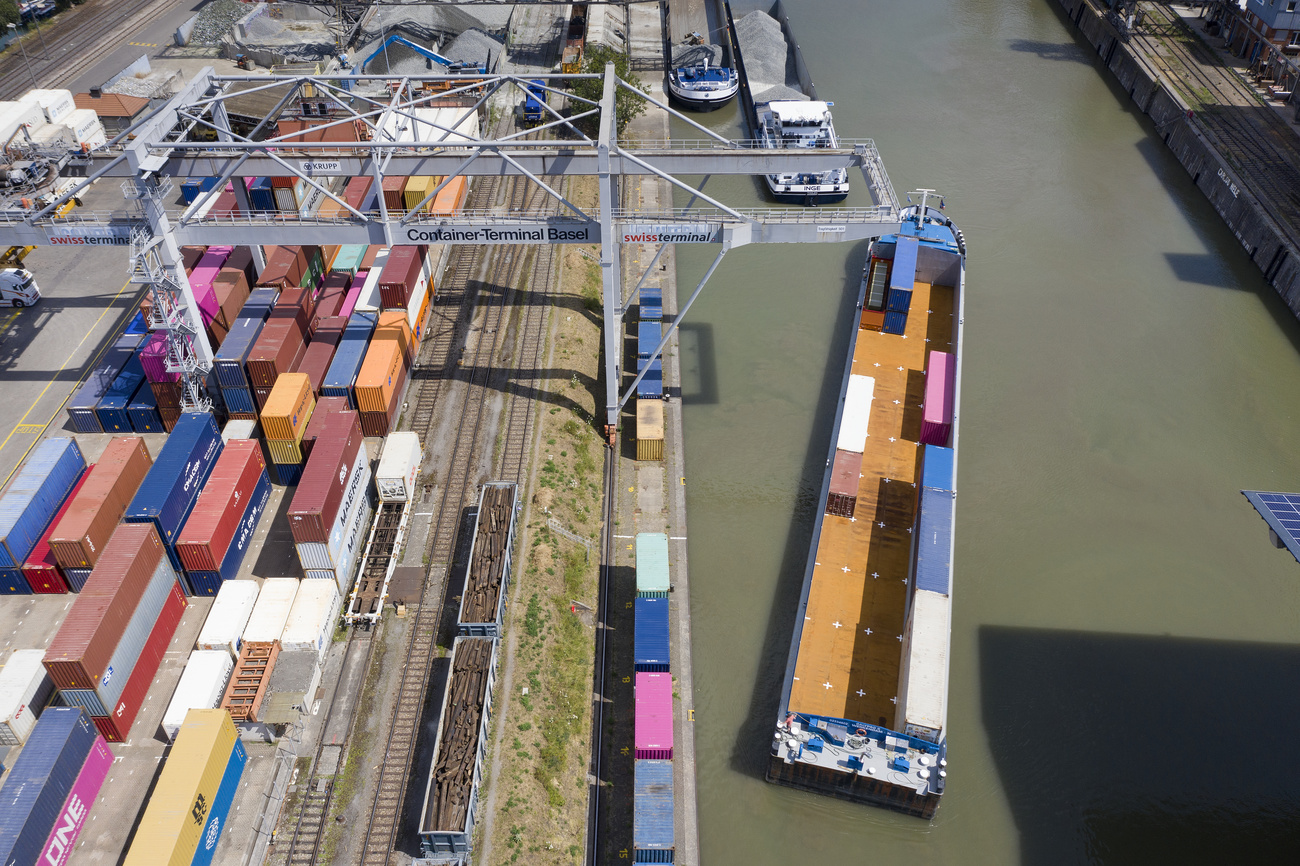
Switzerland Today
Dear Swiss Abroad,
“No kids” or “adults only” holidays are booming in Switzerland. Is this blatant discrimination or the greatest thing in the world? I know what I think, but what about you?
Here’s more on that and other news and views from Switzerland on Wednesday.

In the news: Fur import bans, violations of sanctions against Russia, noise pollution at Geneva Airport, donations for Swiss victims of extreme weather, and treating ill Ukrainian children in Switzerland.
The Foundation for Consumer Protection has welcomed the Swiss government’s proposal to ban the import of furs produced in cruel conditions. The fur import ban should be checked not only at the border, but also in the stores. The Swiss Retail Federation, on the other hand, fears that the expansion of the declaration practice would entail a massive amount of additional work and offer little added value.
The Swiss State Secretariat for Economic Affairs (SECO) has so far opened more than 50 administrative criminal proceedings for violations of sanctions against Russia. Bern is collaborating “closely” with Swiss companies, particularly to prevent Swiss-made components from ending up in weapons against Ukraine.
Geneva Airport plans to launch a quota system to tackle noise pollution next year. Airlines that schedule their flights to depart after 10pm from the Swiss airport will have to pay a fee.
Swiss Solidarity has raised over CHF10 million ($11 million) in donations for those affected by the severe weather conditions in Switzerland. The money will be used to help people in cantons Ticino, Graubünden and Valais.
The Swiss air rescue service Rega flew two Ukrainian children with cancer to Switzerland yesterday, each accompanied by a guardian. They are patients from the Ochmatdyt children’s hospital in Kyiv, which was targeted by Russian missiles last week.

Child-free holiday destinations: blatant discrimination or a stroke of genius?
Demand for holidays unspoilt by playing-then-crying children is booming in Switzerland. Today, many restaurants, hotels, cruises and campsites offer “adults only” packages. Although these have existed for about ten years in Switzerland, demand has grown particularly strongly over the past five years, according to this articleExternal link by Swiss public radio, RTS. More and more tourist establishments, including tour operators, are offering “kids free” packages, or holidays reserved for those aged 16 or 18 and over.
The phenomenon is so widespread that in the United States, Disneyland parks have adapted part of their offer with adults only zones. Airbnb has also used it as a selling point in its latest advert, showing a couple trying to relax by a swimming pool before a horde of youngsters jump in and turn their stay into a nightmare.
François Sancho, head of sales for French-speaking Switzerland at travel agency Kuoni, has also noticed the growing popularity of “no kids” holidays. However, he prefers the term “adults only”, which he feels is less offensive to some parents, even if it is ambiguous. “Parents are the first to get really excited about this type of establishment,” he told RTS. “When you’re stressed all year round and you manage to leave your child with family or friends for a few days, you have the chance to recharge your batteries, be pampered, read a book on the beach, share a romantic dinner or take part in sporting activities. In short, you can do everything that would be difficult under normal circumstances.”
Newlyweds and retirees are also fond of this type of trip. “Most of them have lived through two generations of children. Naturally, they are looking for tranquillity,” Sancho said.
Less radical solutions exist. “There are, for example, establishments that accept children from the age of 12 or 16, on the assumption that they are already more independent. But there are also hybrid complexes, where one part is reserved for families and another part, called ‘Zen’, has flats, rooms or restaurants reserved for adults. This also allows parents to relax in the morning while their children splash around in the pool.”
Adults-only holidays are automatically more expensive. “This experience can be described as ‘luxury’ or ‘premium’ because often the facilities are top-of-the-range and guarantee the possibility of resting 100%,” Sancho explained. “I think today we realise that we live in a relatively stressed world. This kind of establishment meets a need – for people who want to relax.”
What do you think? Let us know below:
More

In this photo gallery we look at the 100th Congress of the Swiss Abroad, which wrapped up at the weekend with a boat trip across Lake Lucerne.
The Organisation of the Swiss Abroad (OSA) said the Swiss Abroad Square in Brunnen, canton Schwyz, symbolises the bond between Swiss citizens living across the world and their homeland. The first Congress of the Swiss Abroad was held in Basel in 1918. Due to several cancellations during the Second World War and the Covid pandemic the 100th edition could not be held until this year.
To celebrate the anniversary, attendees enjoyed a boat trip from Lucerne to Brunnen. The OSA highlighted the changes in emigration patterns from Switzerland since 1918. Historically, Swiss nationals emigrated and seldom returned to their homeland. Today, however, many individuals move abroad for a few years for professional reasons.

Switzerland has 35 free trade agreements (FTAs) with 45 countries or blocs. What is the history behind them and who benefits from them?
My colleague Anand Chandrasekhar has taken an in-depth look at what Switzerland gets out of free trade deals – contrary to popular belief, FTAs do not mean trade with no restrictions – and how Switzerland’s FTA partners benefit.
Is it true that in most cases Switzerland is better off than its FTA partner? Read the article to find out.

In compliance with the JTI standards
More: SWI swissinfo.ch certified by the Journalism Trust Initiative








